“I love arranging flowers and making centerpieces for the tables as a part of making the day special for them. Flowers are something women seem to particularly relate to, and I try to use bright, cheerful blooms that convey a message of love and caring. These women are not criminals in the same sense that a violent offender is. So many of the problems they have stem from abuse they’ve suffered at the hands of fathers, step-fathers, brothers, and other men. They’ve been treated as objects for so long that they don’t feel like they have any worth. They don’t know what healthy relationships look like; they don’t know what it’s like to be respected by a man. I’ve heard women say to the volunteers at the end of the program, ‘Today is the first time anyone has ever said to me: I love you.’
“Spending the day interacting with these women, serving them, and getting to know them, you see through the shell into the heart. You see a person who has never had a chance, who doesn’t know her value. They’ve lost any trust they ever had in men. That’s why I think it’s so important to show them that there are men out here who don’t see them as prey, who will honor them and treat them with the respect they deserve.”
Thistle & Bee Enterprises: http://www.thistleandbee.org/
Thistle & Bee on FB: https://www.facebook.com/thistleandbeeenterprises/
To volunteer with Lives Worth Saving: http://www.restorecorps.org/contact/
To volunteer with Thistle & Bee: http://www.thistleandbee.org/volunteer
Related article by Commercial Appeal columnist David waters: Former prostitute's story inspires new effort to save others (3/18/2015)
Information about human trafficking in West Tennessee: Restore Corps
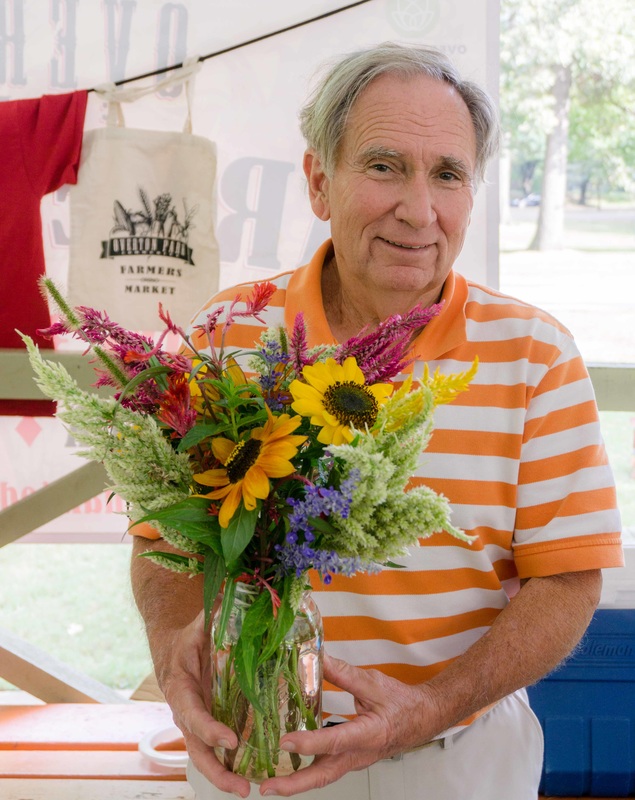
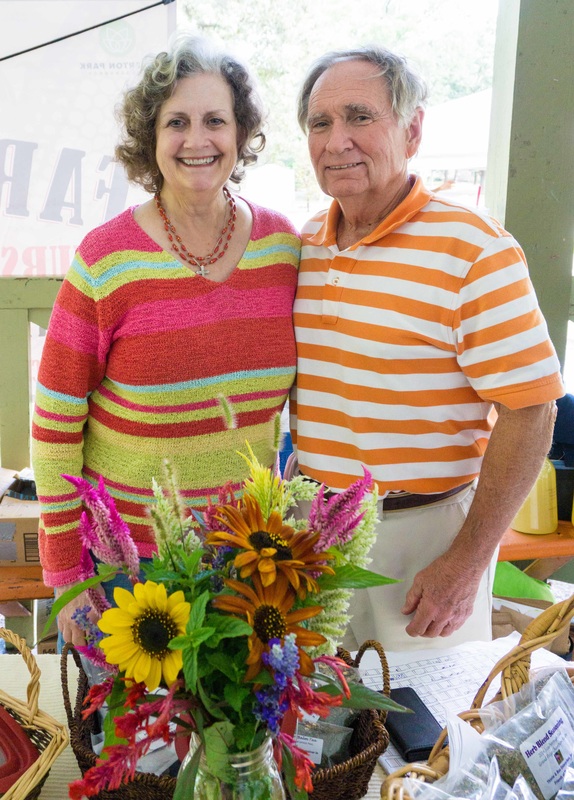
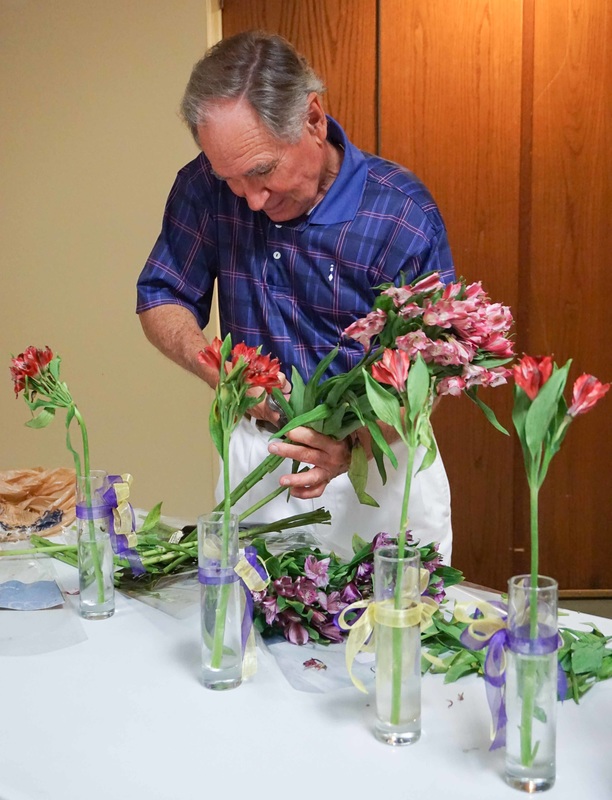
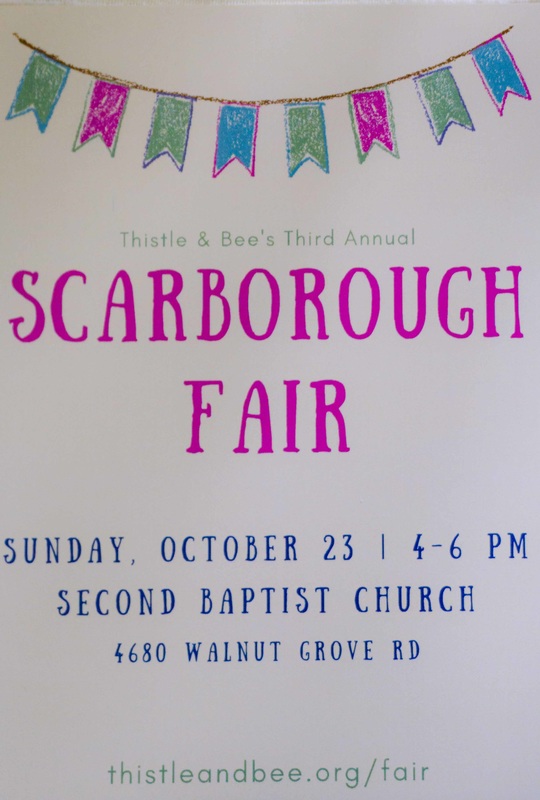
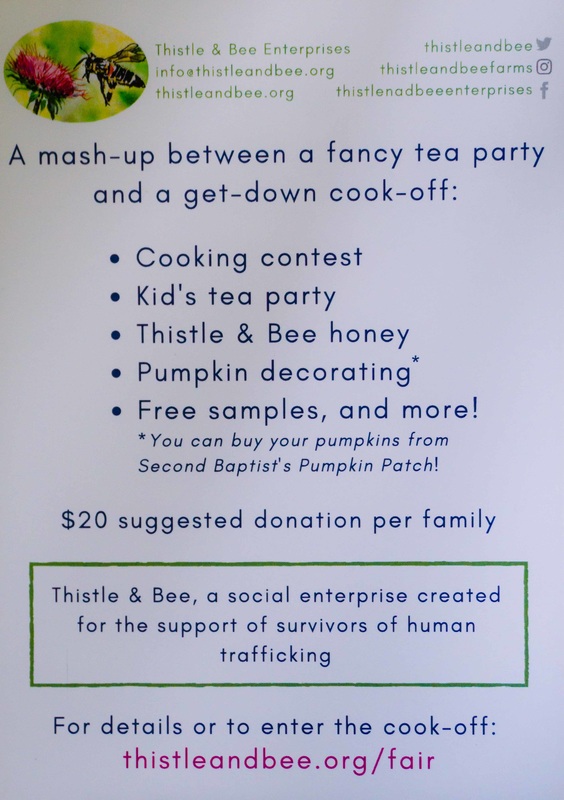
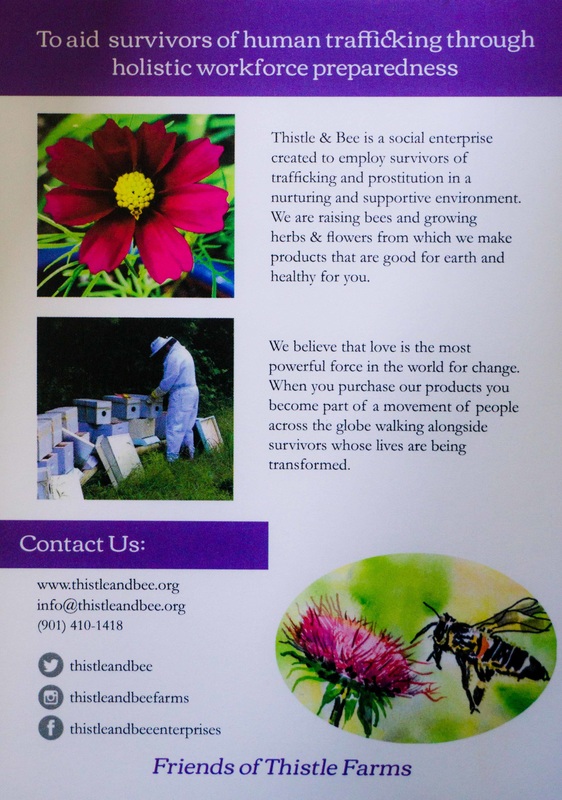
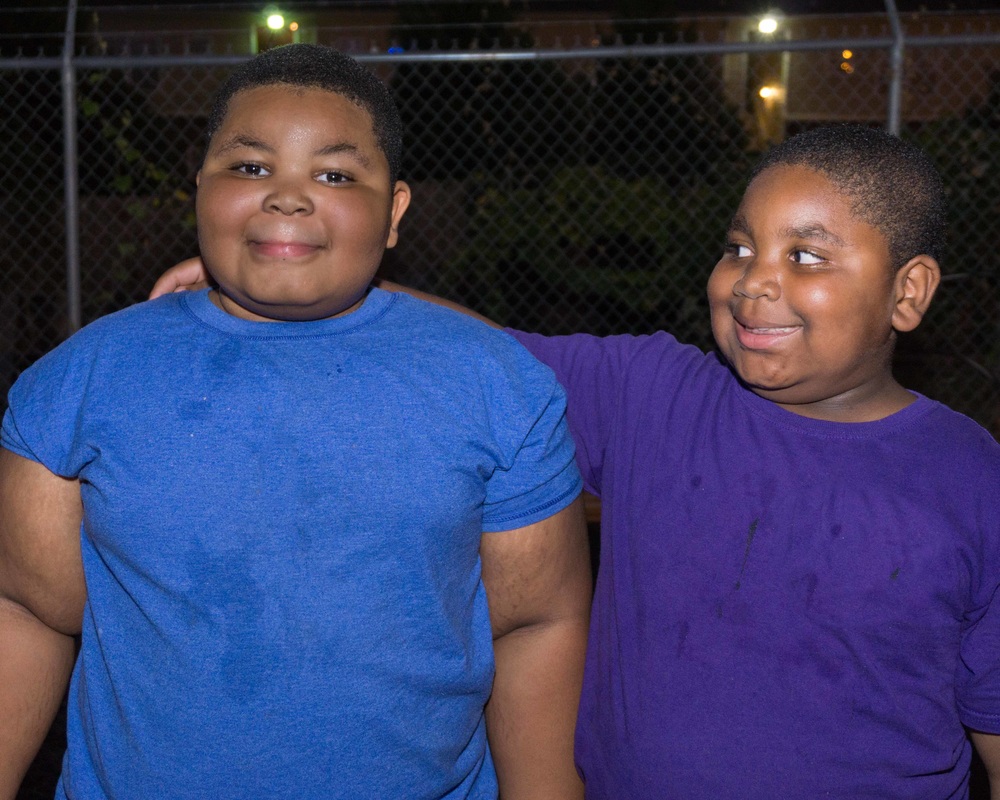
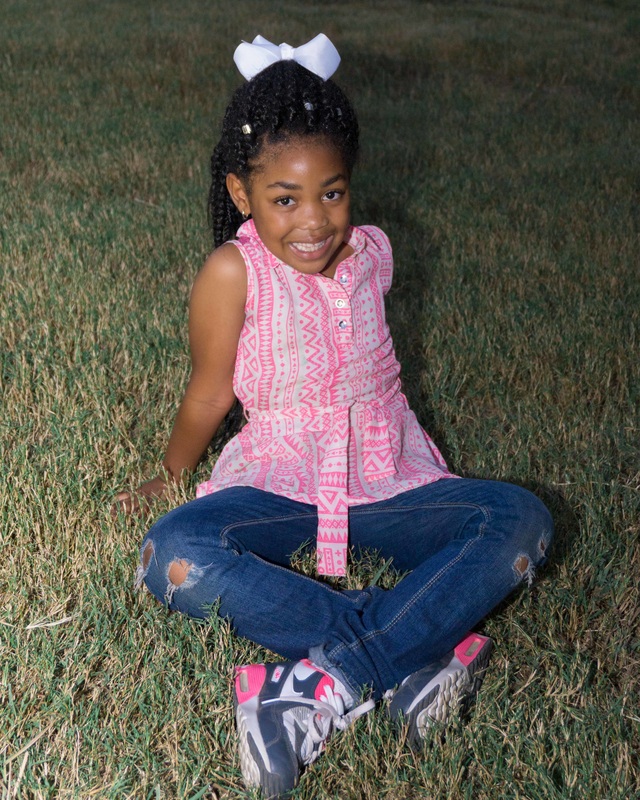
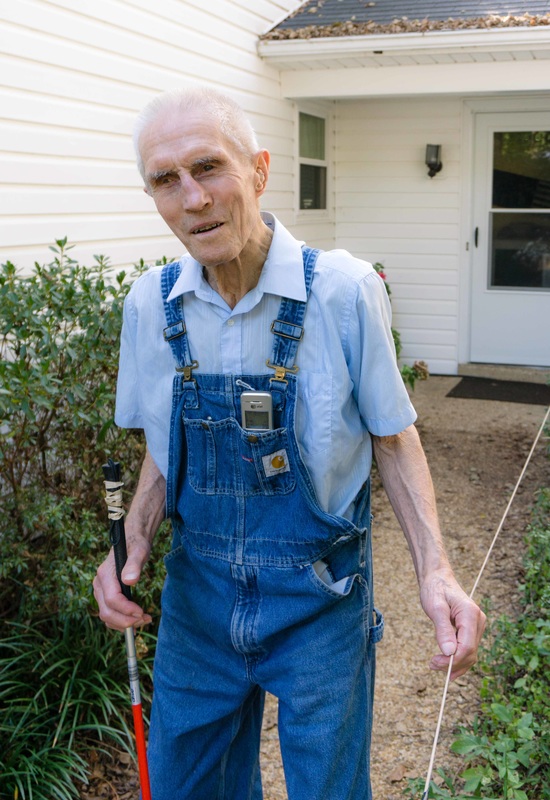
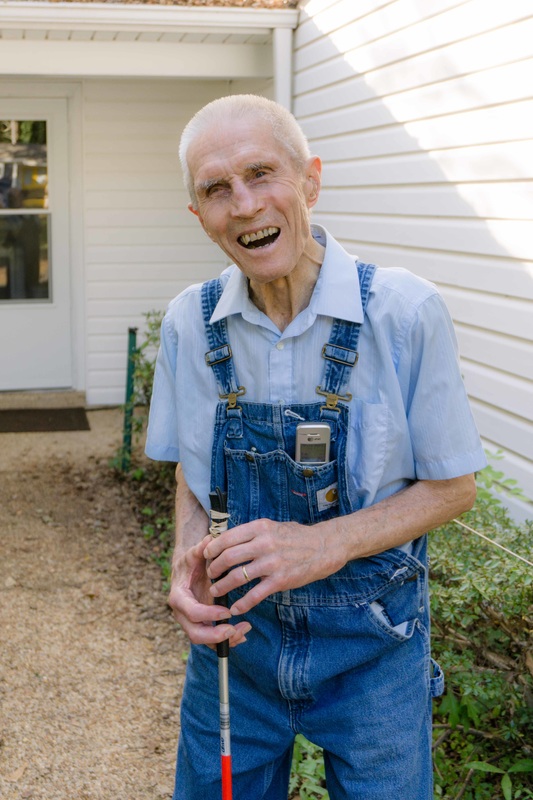
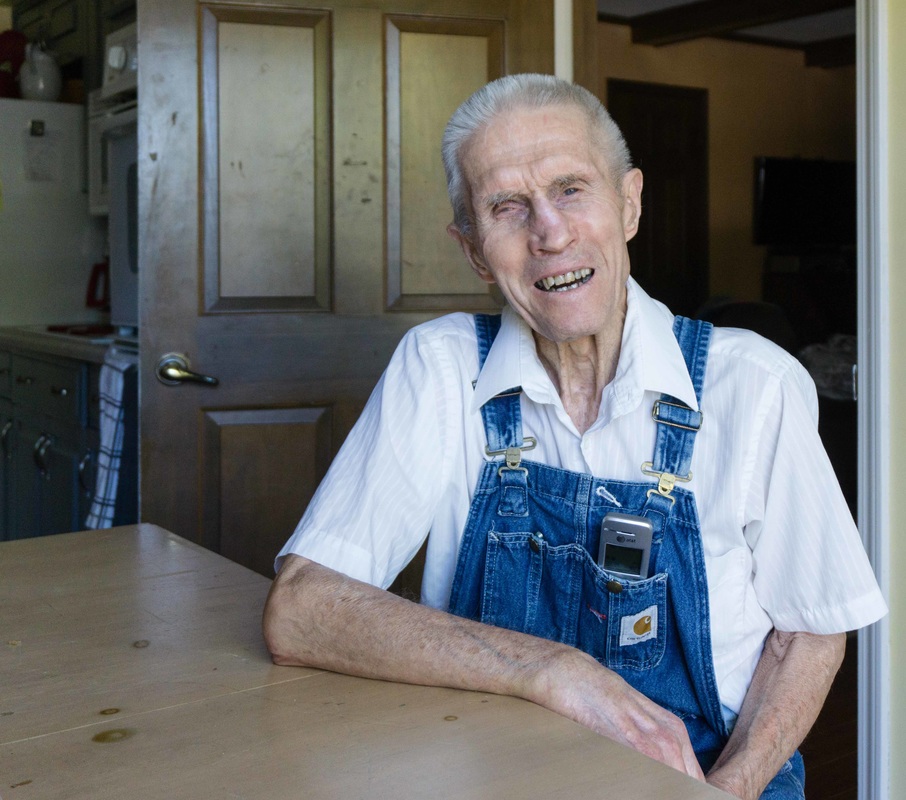
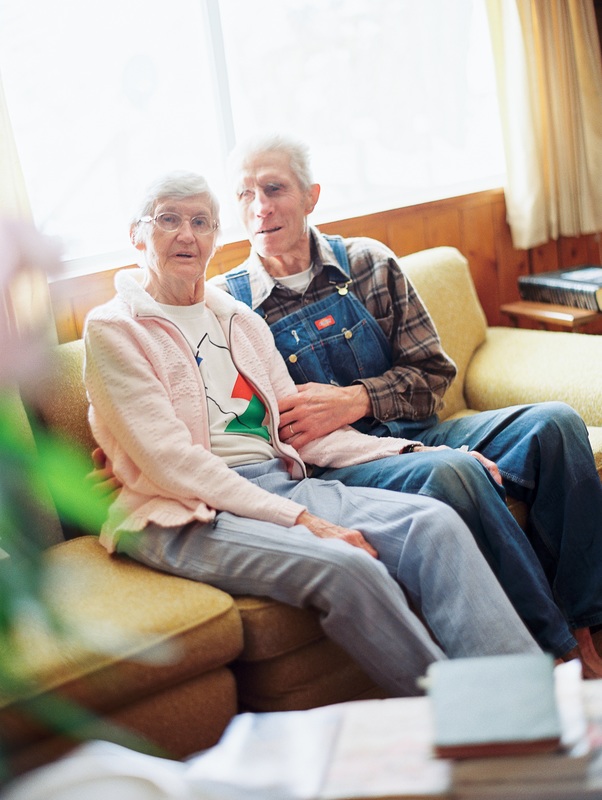
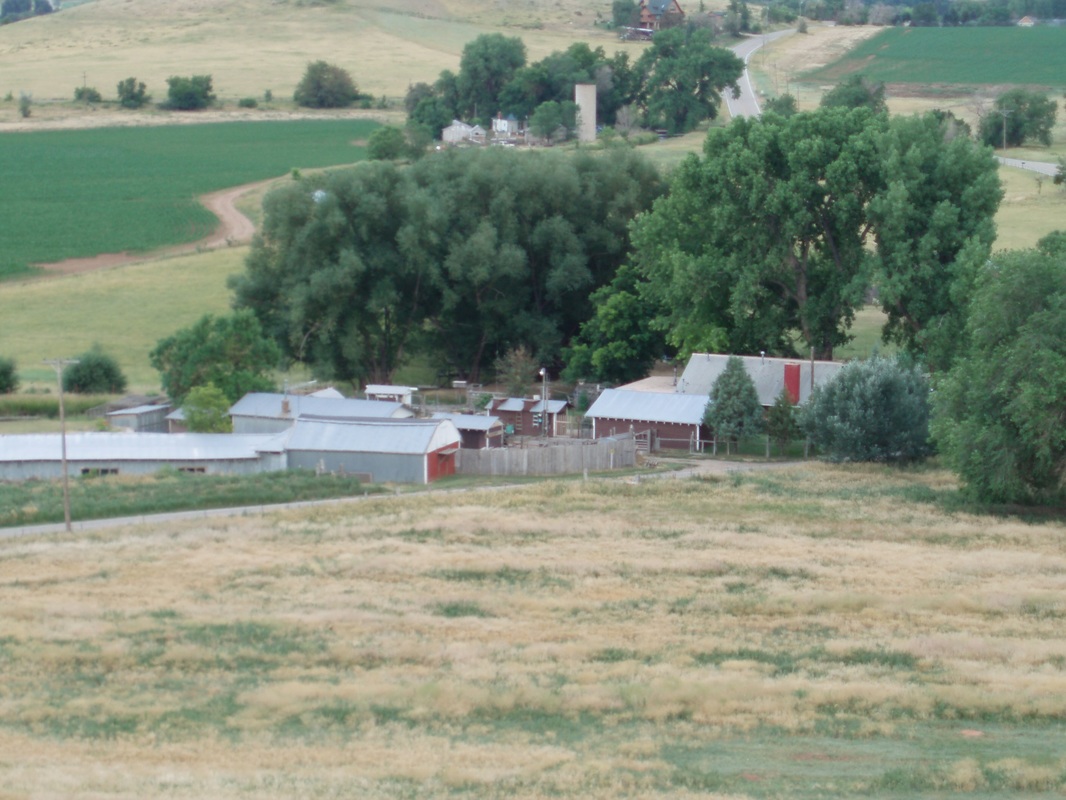
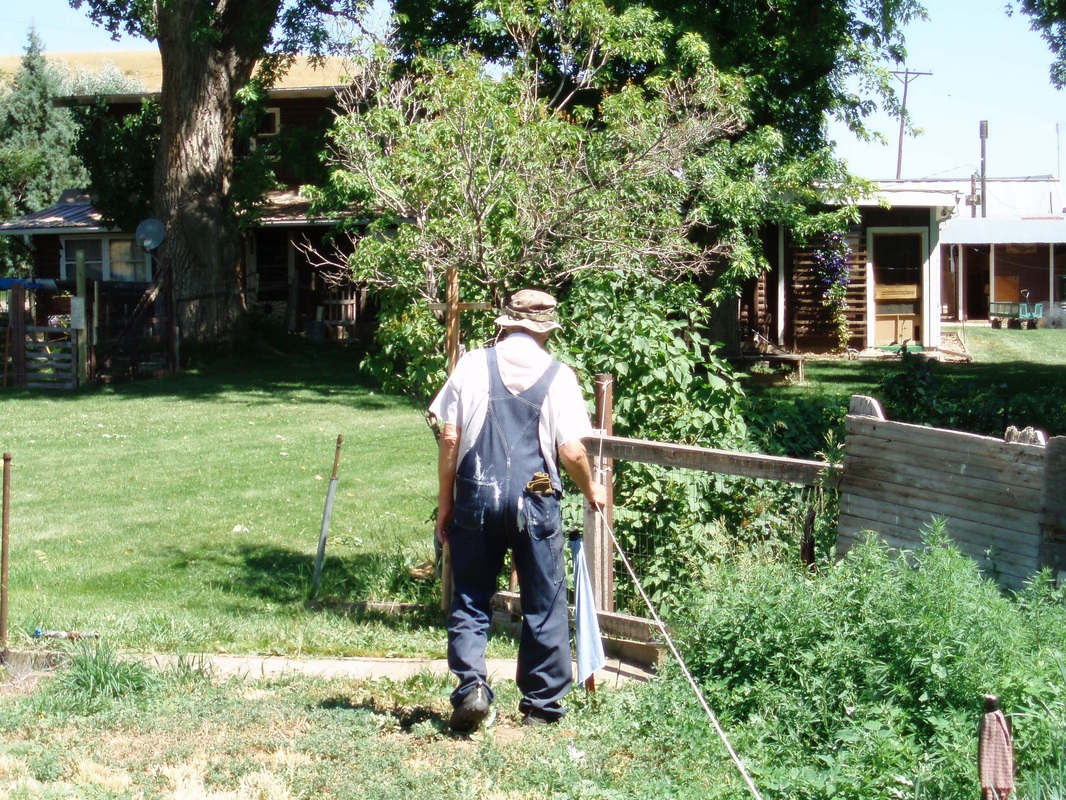
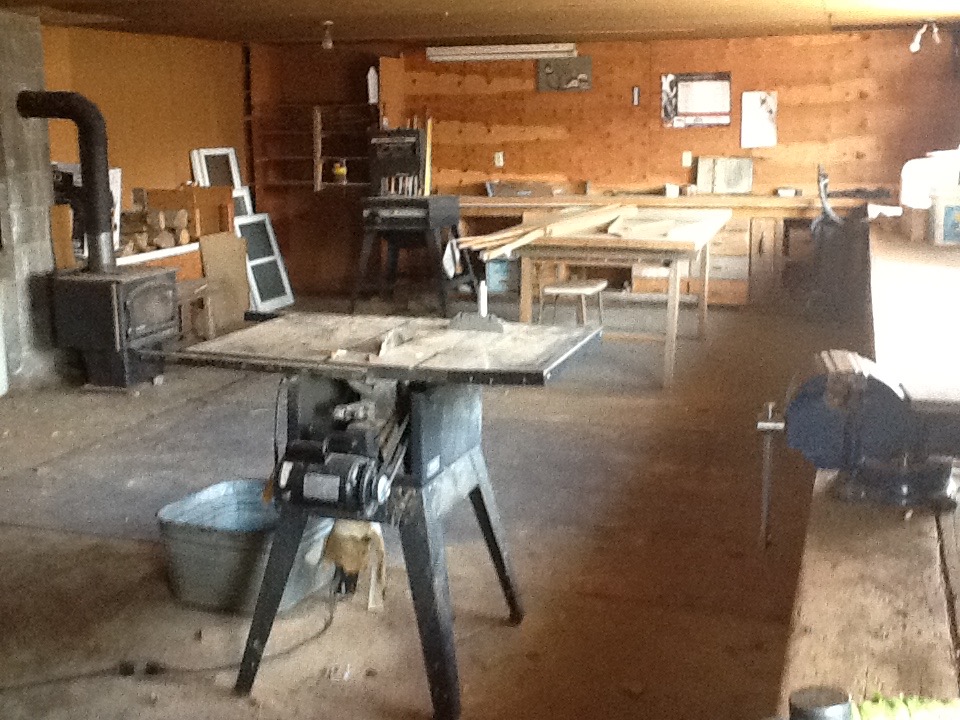
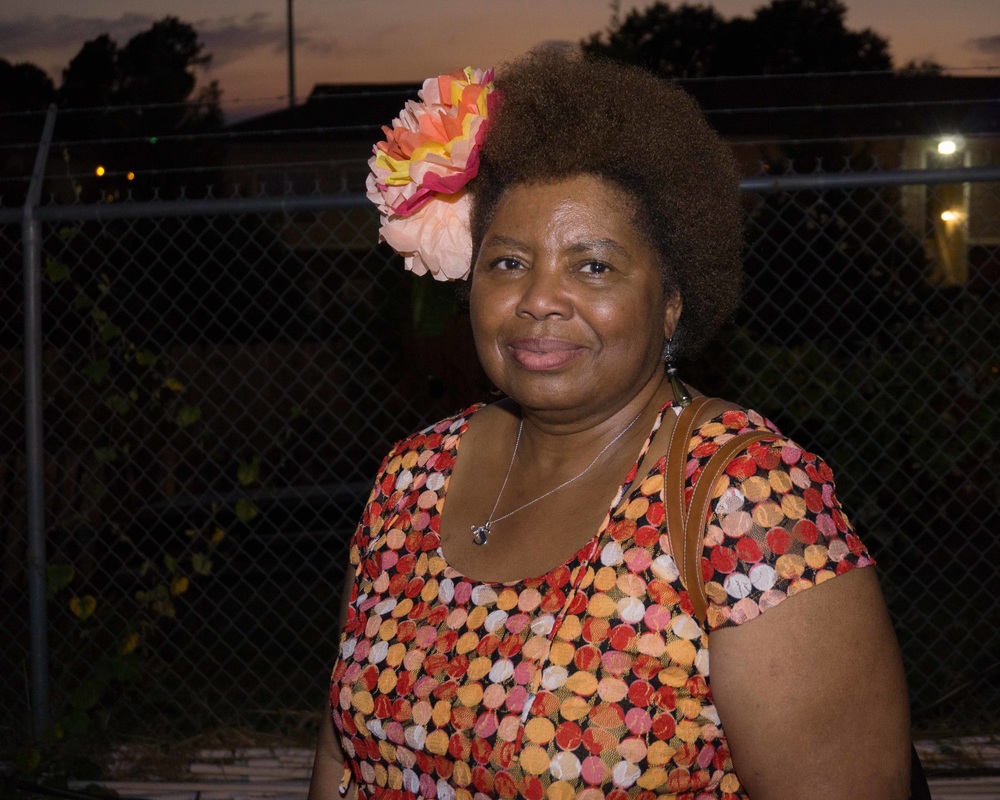
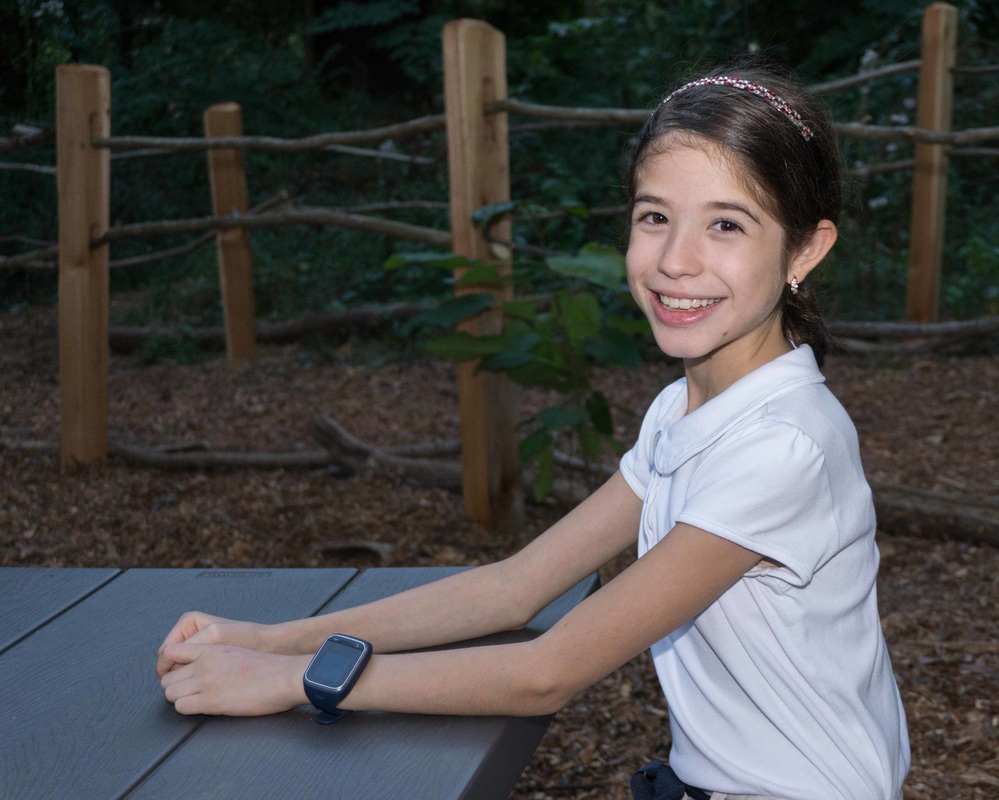
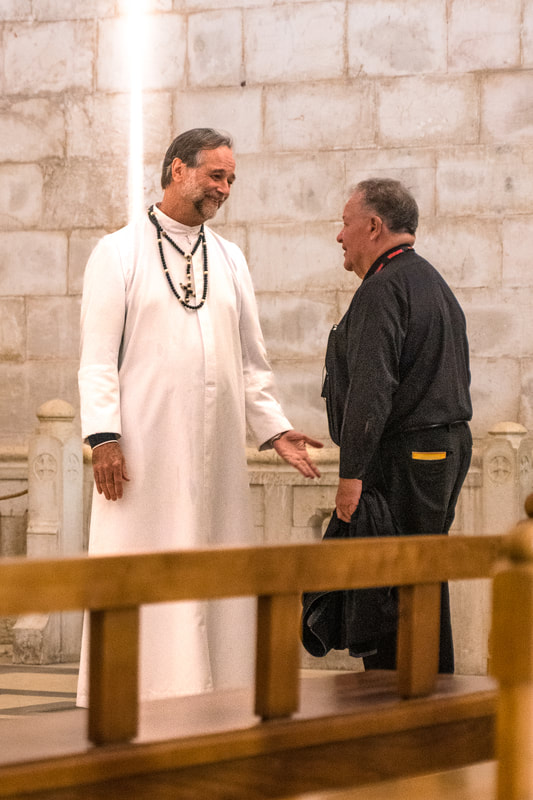
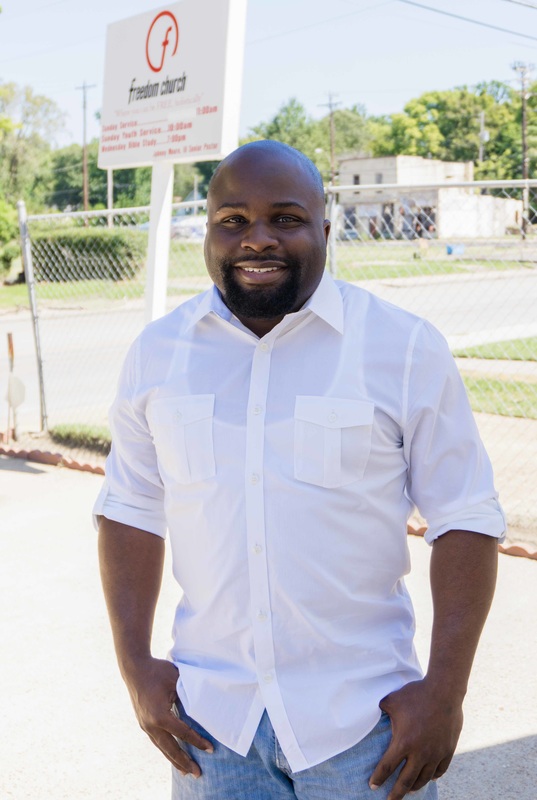
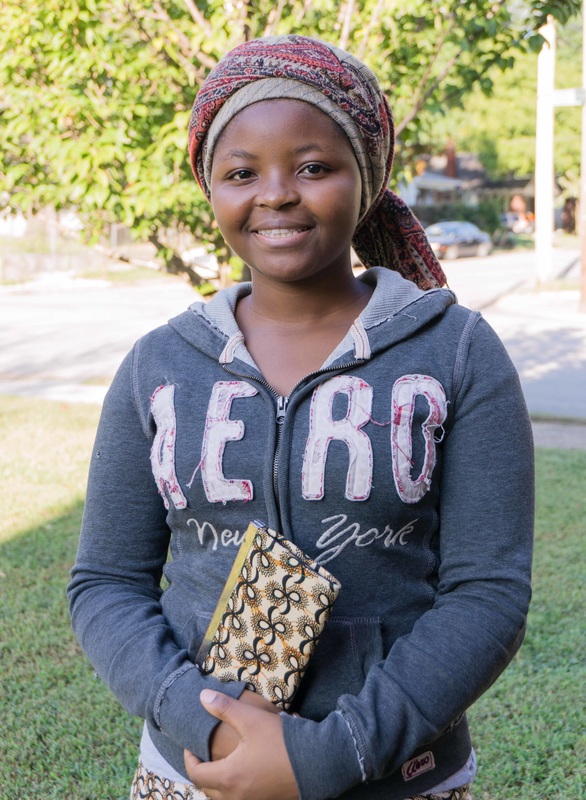
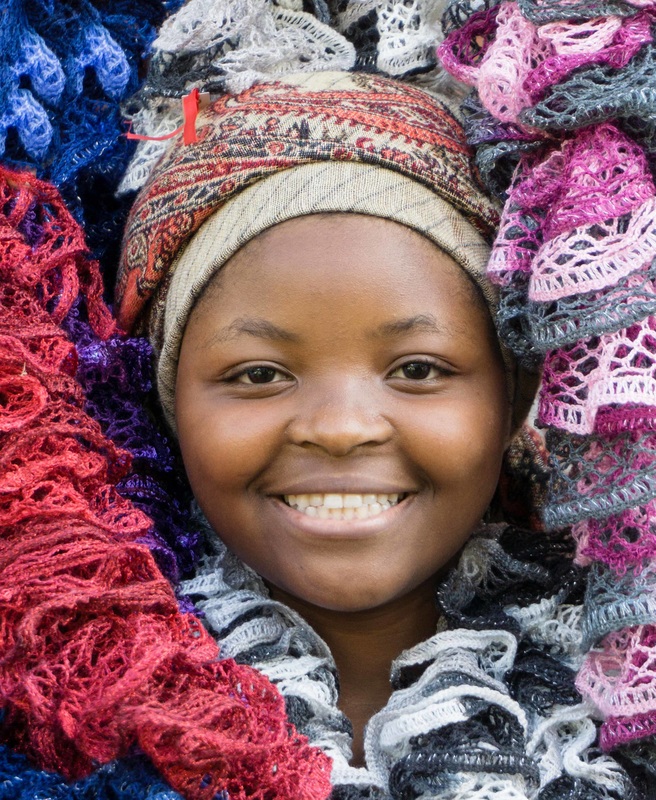
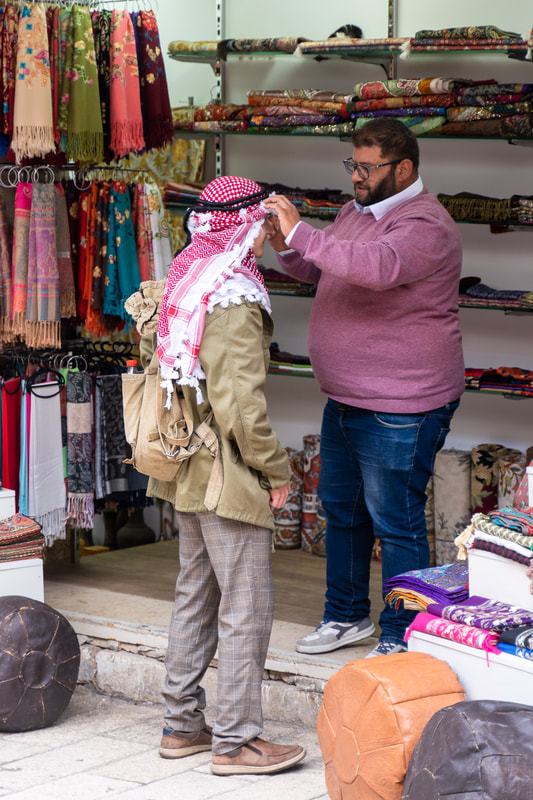
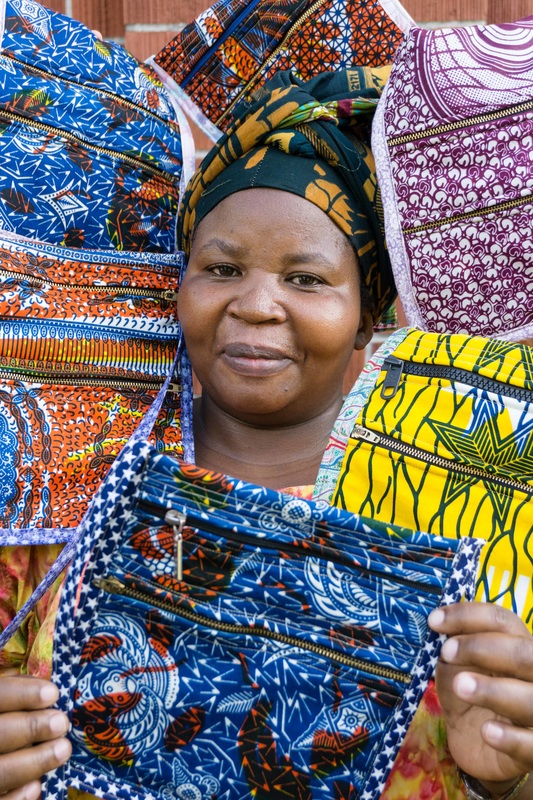
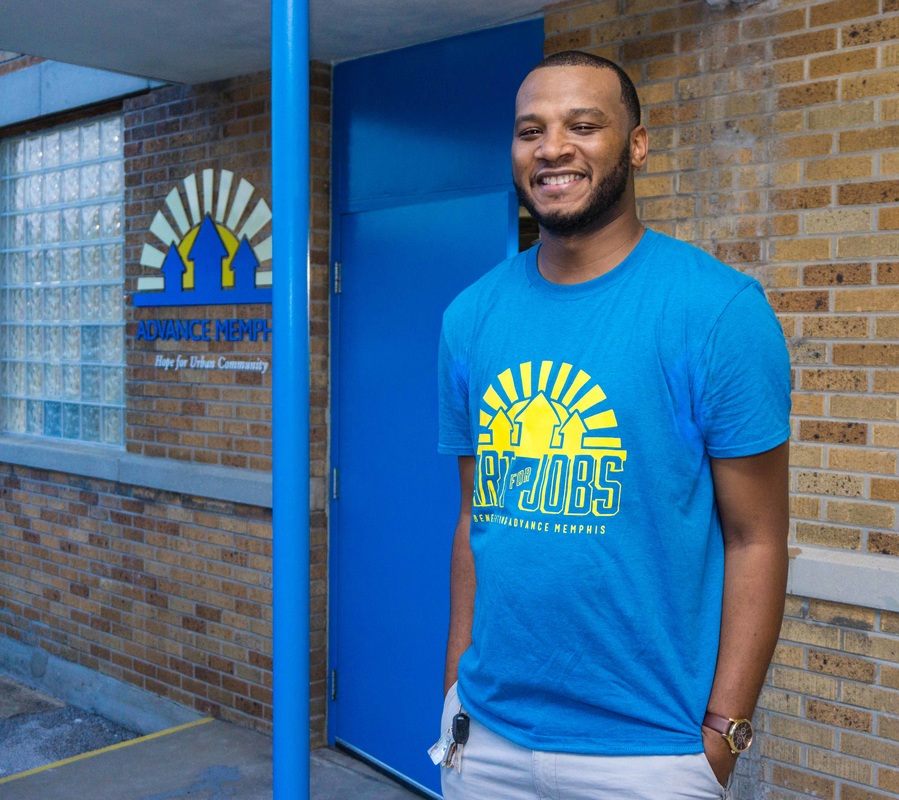
 RSS Feed
RSS Feed